Lavagem Industrial / Artigos
What is the cost of manufacturing goods and how to calculate it?
Knowing how to calculate the cost of manufacturing goods is vital for every company. This is how it should be done.

 6 minutos de leitura
6 minutos de leitura
2022-06-23 09:34:24
Underwhelming gross margins, lost sales and long budgeting processes. Every production company faces a similar challenge: calculating the actual cost of its products. These are the variables to consider when calculating the cost of manufacturing goods.
What is the cost of manufacturing goods?
The cost of manufacturing goods is the total amount spent to produce a single unit of a product. From this perspective, the total cost includes far more than raw material alone, but also other direct and indirect costs of production. Direct costs are those resulting from the acquisition of material and labor. Indirect costs refer to resources that are required for production, although not directly applied to the final product, such as electricity or software.
The concept behind the cost of industrial production is simple, but the actual calculations can be much more complex since they require organizations to track every production expense in a certain period of time.
Why is it important to measure the cost of manufacturing goods?
Calculating the cost of manufacturing goods is essential to ascertain the correct sales price of any product. It is key to evaluate production efficiency and provides managers a solid foundation for making important decisions. For example, it enables engineers to figure out where to focus continuous improvement efforts. It enables companies to determine the profitability of each family of products, thus allowing marketing and commercial teams to decide whether to discontinue or increase investment.
The cost of manufacturing goods allows organizations to assess whether production is sustainable and how it could become more profitable, and to predict future losses and gains or even identify new opportunities. And also to determine which deals to review and which suppliers to negotiate with. Vital strategic business decisions are therefore subordinated to the cost of manufacturing goods.
How to calculate the cost of manufacturing goods?
To calculate the cost of manufacturing goods, it is necessary to consider three main dimensions: raw material, direct labor and indirect manufacturing costs.
Raw material
This cost relates to the value associated with the raw material required for manufacturing the product. It is not just the direct cost paid to the supplier of the materials, but also the key items required for production and logistics, such as packaging, transportation, insurance, customs fees or taxes. Such analysis should be repeated for all components incorporated into the product, since savings opportunities could lie in minor components that are introduced into the final product at scale.
Direct labor
The value of the direct labor includes the salaries of employees directly involved in production, as well as associated state contributions, overtime and personal protective equipment or training. To calculate direct labor costs, most firms start with the production time of each product multiplied by the number of employees involved and then add the aforementioned secondary costs.
Indirect manufacturing costs
The indirect costs of manufacture relate to overhead expenses such as electricity and water, capital tied in stock, maintenance, software or accounting. In this category, there are multiple variable factors, so it is vital to keep a permanent and up-to-date record.
Washing, for example, is one of the most water-consuming processes in most industries. It is therefore essential to reduce the consumption of this resource, both for environmental reasons and to improve efficiency.
The cost of manufacturing goods is obtained by summing these three components. For example, if a factory spent €10,000 on raw materials, €20,000 on labor and €5,000 on indirect manufacturing costs, its cost of manufacturing goods was €35,000 in that period. To know the unit cost of production, it is enough to simply divide this value by the number of units produced during the same period.
5 tips to reduce the cost of manufacturing goods
Companies can reduce the cost of manufacturing goods with some easy-to-implement tips.
1. Identify key costs
Once managers identify the key cost drivers, they can focus on improvements there. However, cost cutting should not compromise the overall quality of the product.
2. Don’t let stock pile up
Stock piling end products, raw materials or work-in-progress causes storage, conservation and logistical expenses. Instead, invest in a good transport and management system to purchase only what is required to serve fixed customer orders.
3. Negotiate with suppliers
When purchasing raw materials, buy only the quantities necessary for manufacturing the product within the defined period. This practice avoids waste.
4. Perform price research
Depending on the industry, prices may vary frequently, either by increases and demand or shortages in supply. Compare prices frequently to reduce the cost of manufacturing goods.
5. Choose economic and sustainable equipment
Equip your business with equipment designed to save water, electricity and other consumables. The MultiWasher is a state-of-the-art industrial washing equipment, specially designed to set new efficiency standards. It uses the latest technology to adjust washing parameters depending on the load to be washed, resulting in savings of almost 70% compared to traditional washing equipment.
After calculating your industrial production cost, it’s time to identify improvement areas. Review your industrial washing equipment and explore all the advantages of MultiWasher. Schedule a customized webinar or get in touch with our team.
Também pode gostar

Lavagem Industrial / ArtigosArtigos
Reducing water consumption: 4 key trends to keep results flowing
5G, Artificial Intelligence, Industry 4.0 and more. Technology is helping companies around the world reduce water consumption. These are the 4 ma...
Postado em 2022-05-19
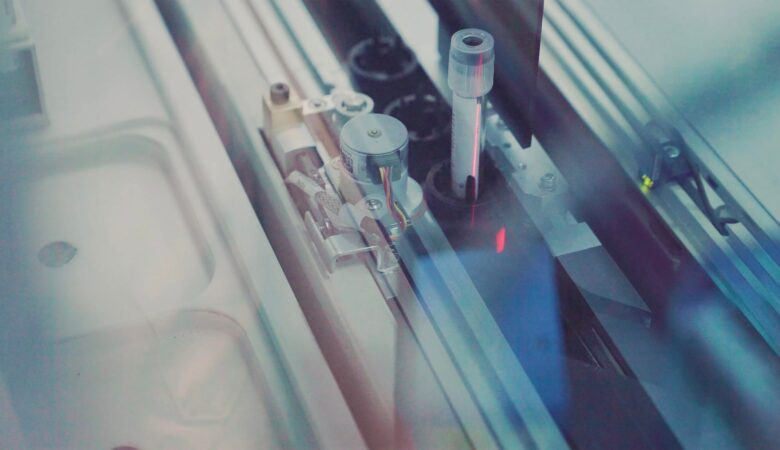
Lavagem Industrial / ArtigosArtigos
Industrial automation: how to increase the efficiency of operations
Any company seeks to optimize resources. Industrial automation as well as the Internet of Things (IoT) are key elements to increase process effic...
Postado em 2022-08-25

Lavagem Industrial / ArtigosArtigos
Washing system: how to increase efficiency
An effective washing system has a direct impact on key management indicators and can represent significant savings. Find out how.
Postado em 2022-02-17

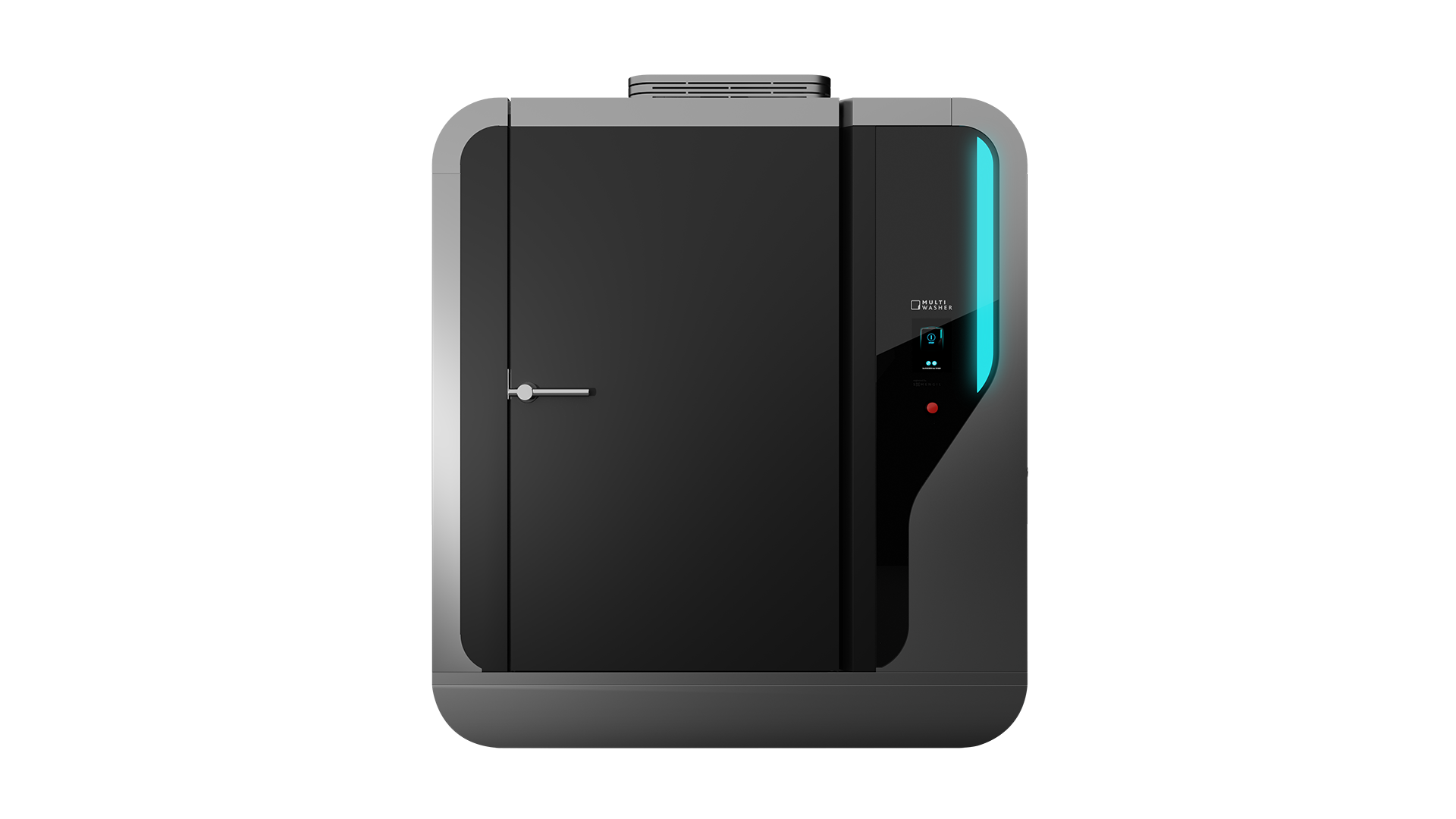
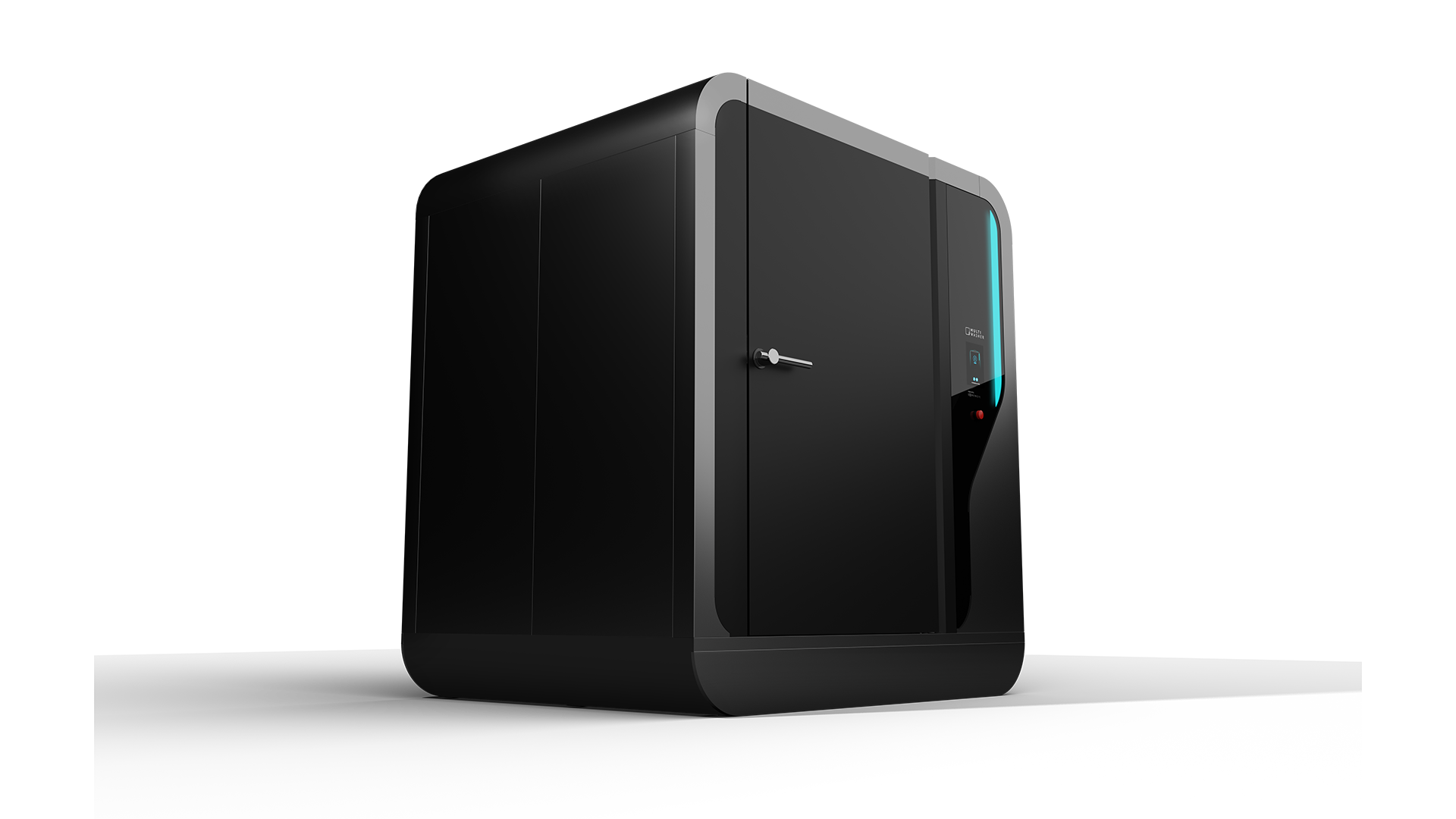
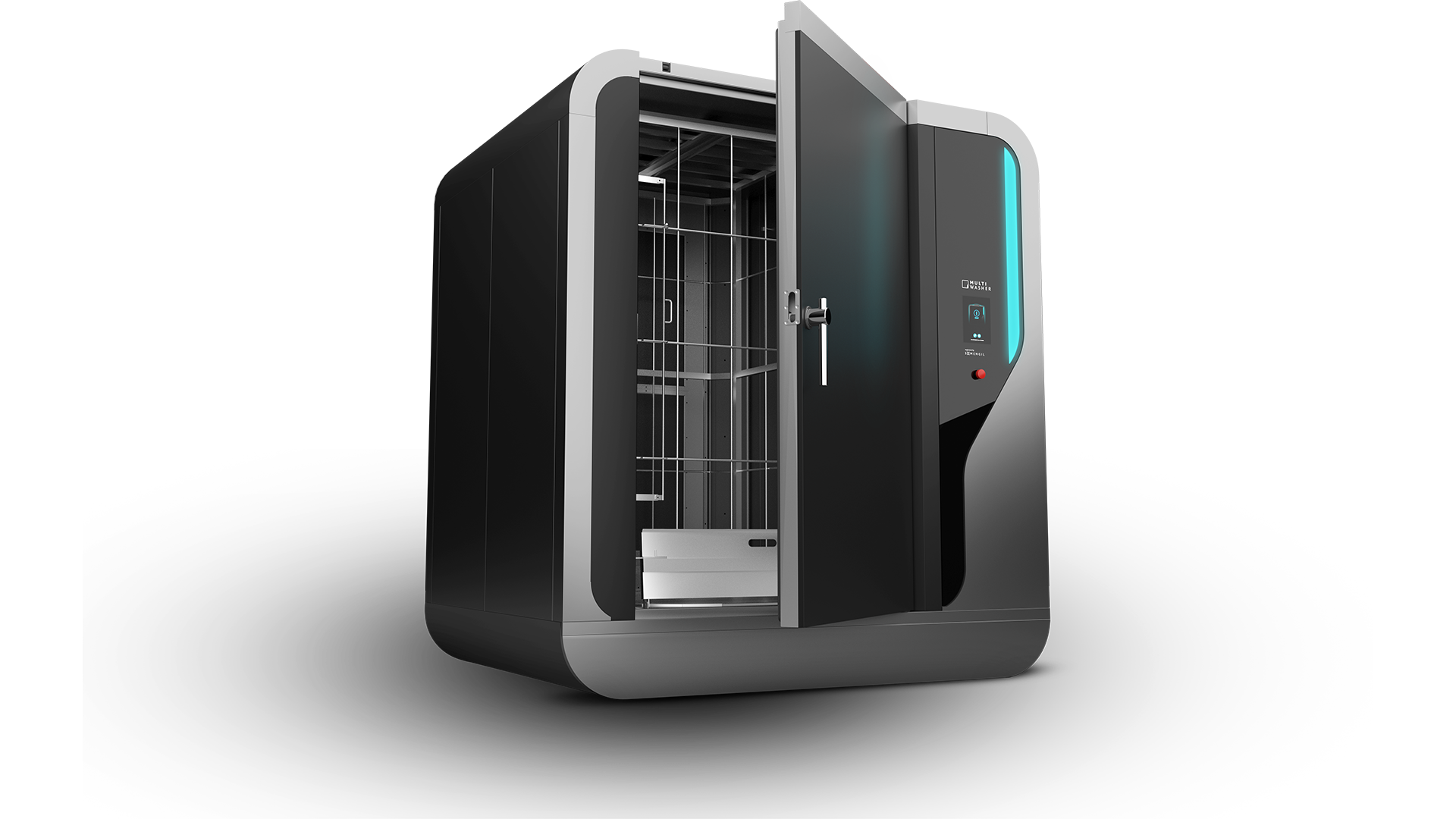
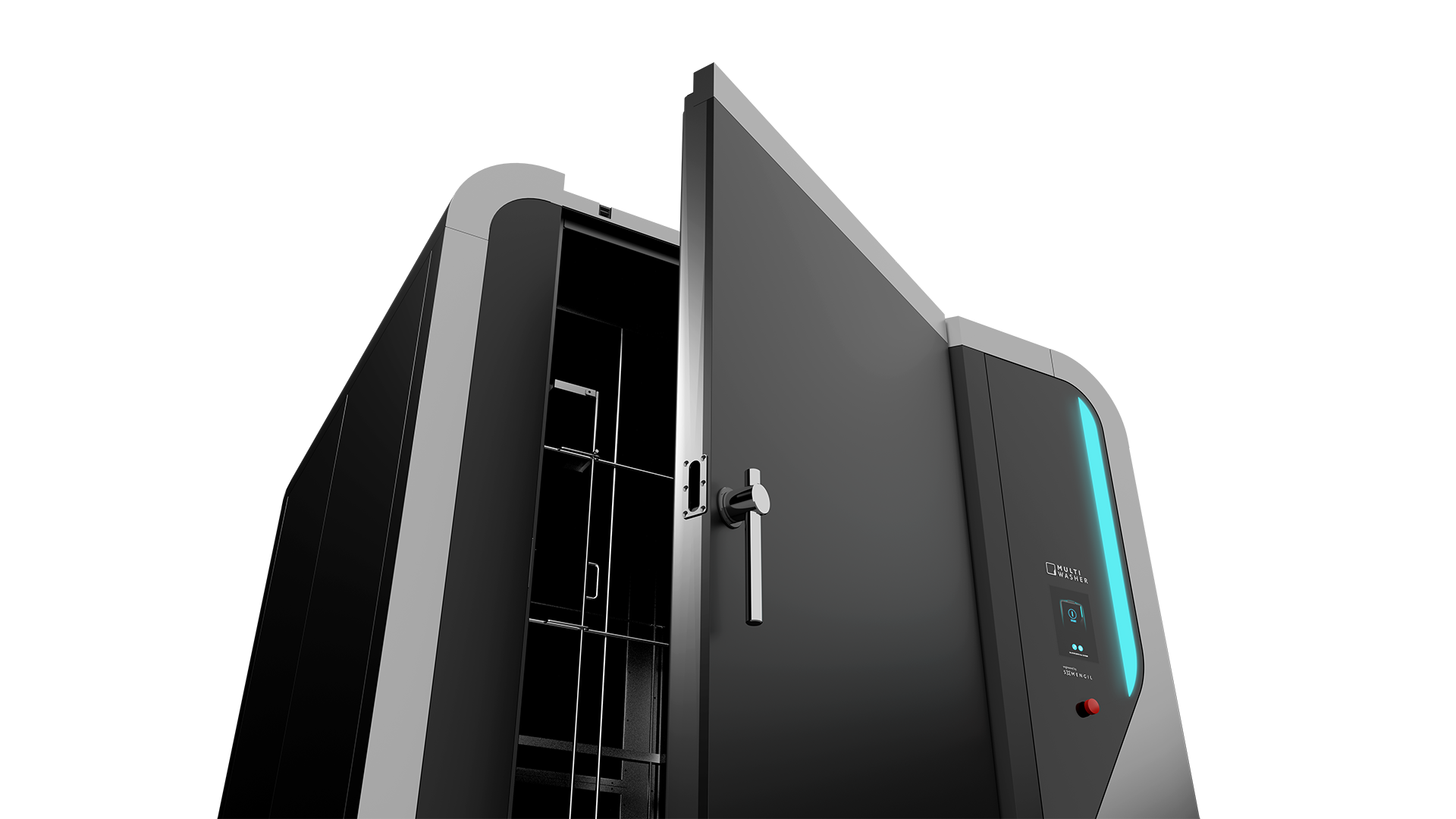

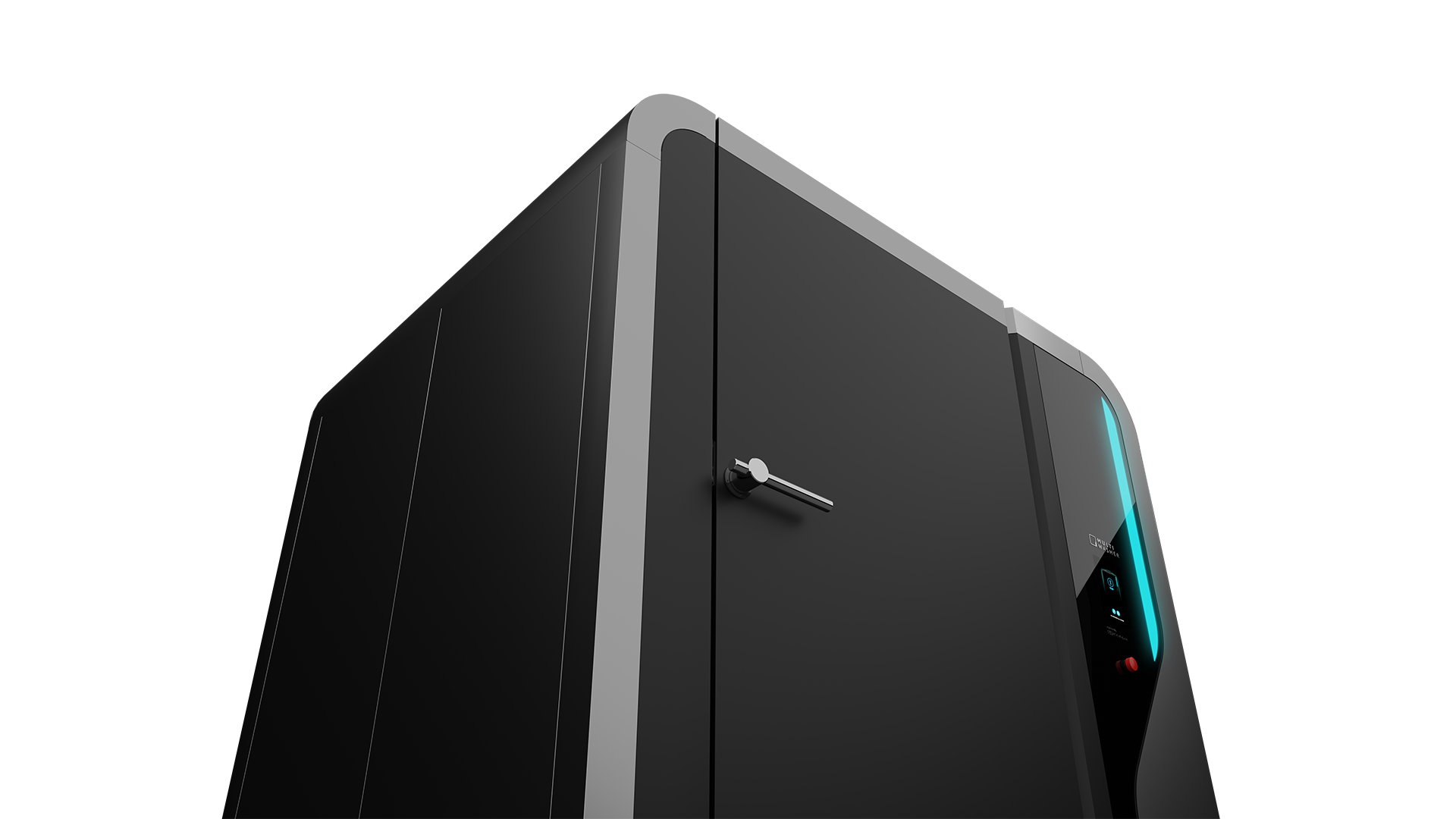
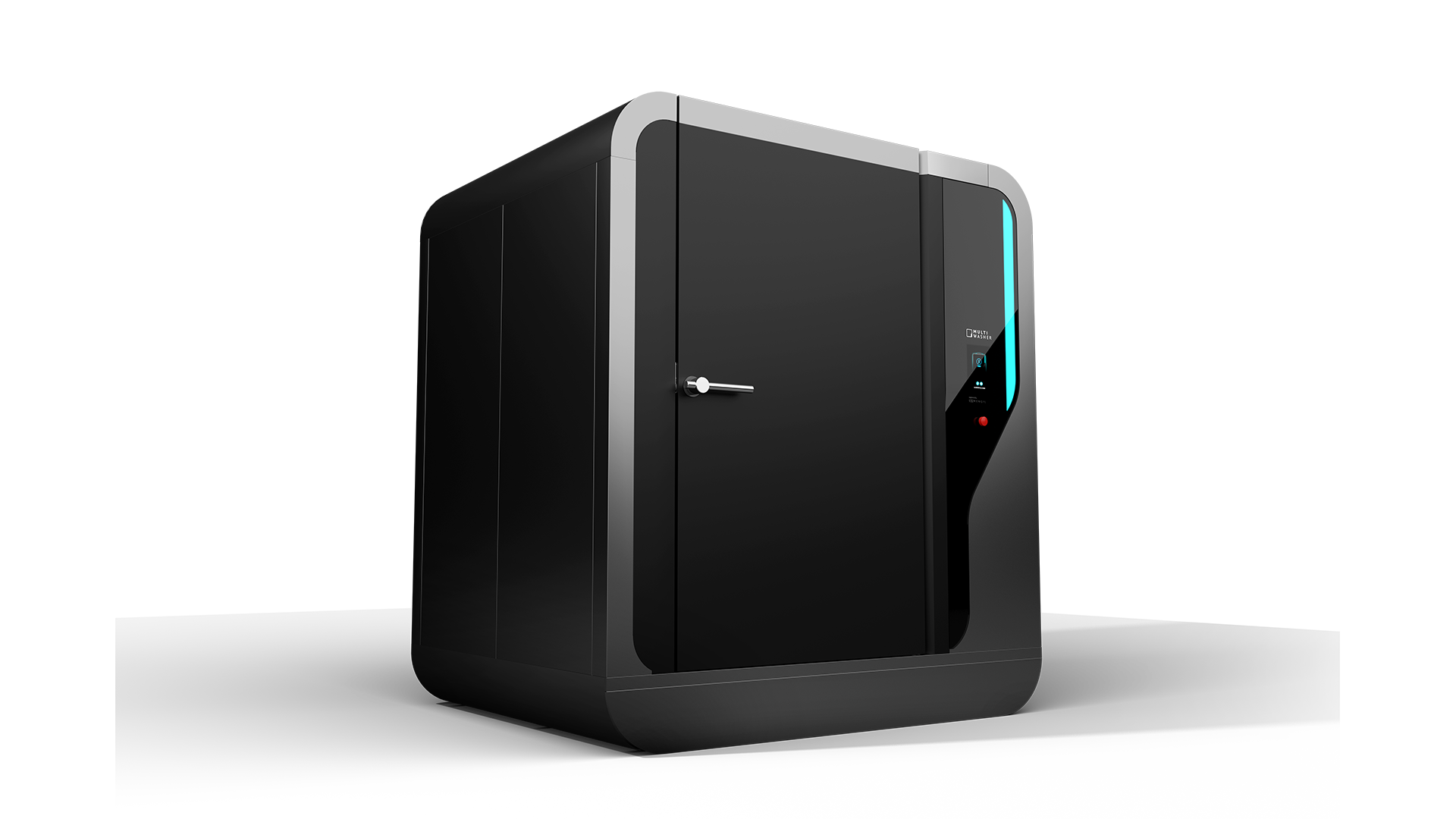
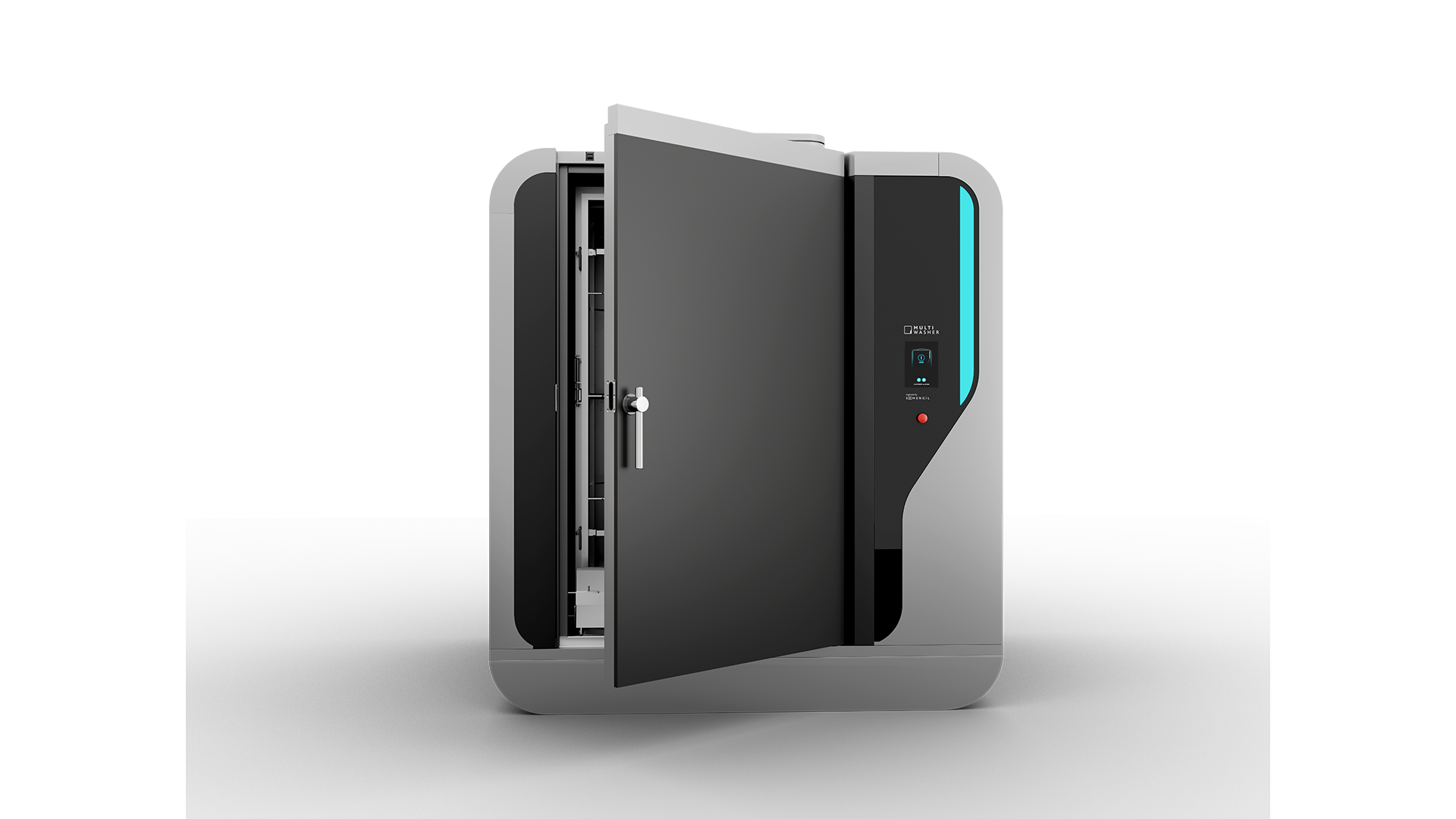
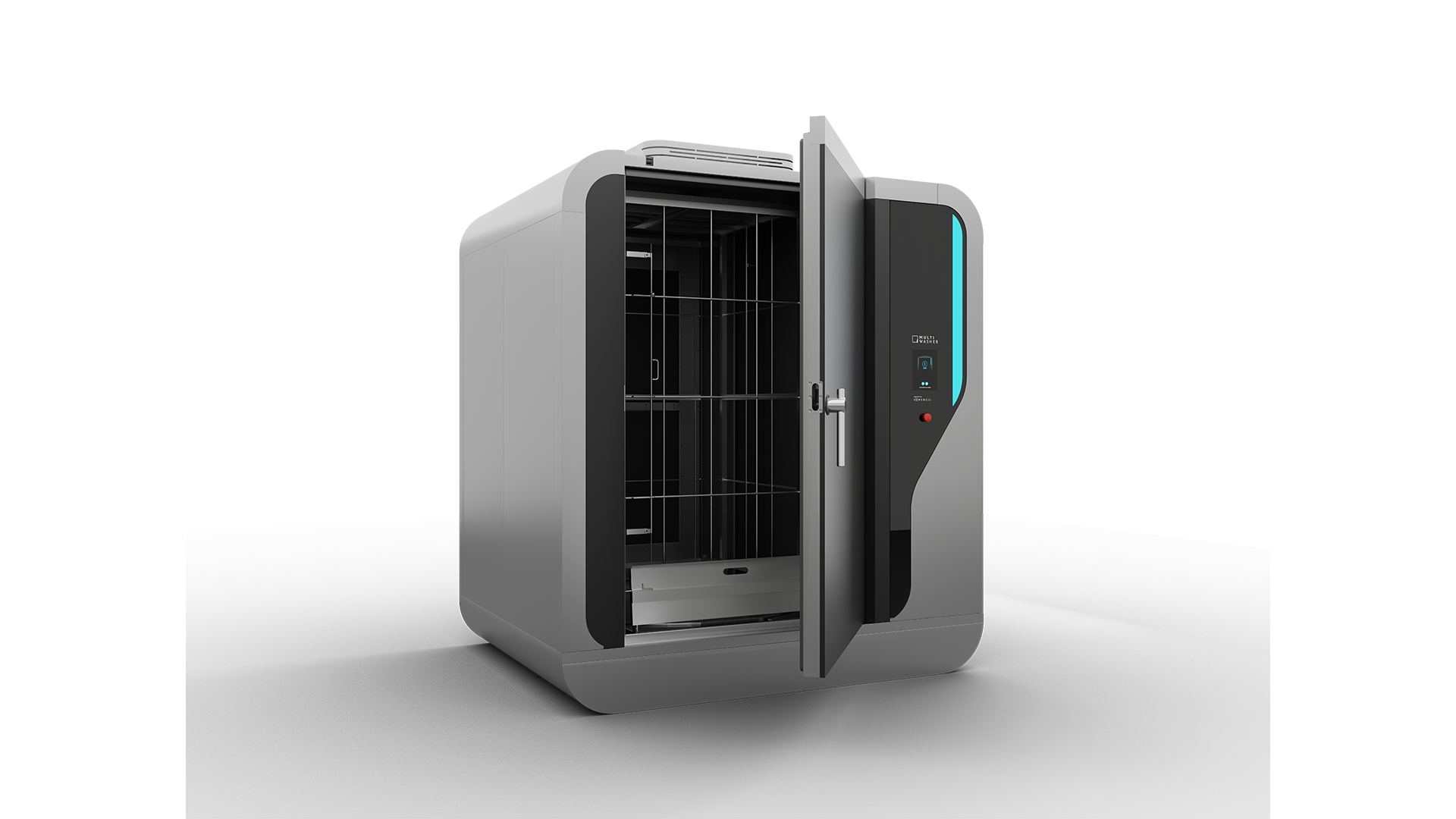
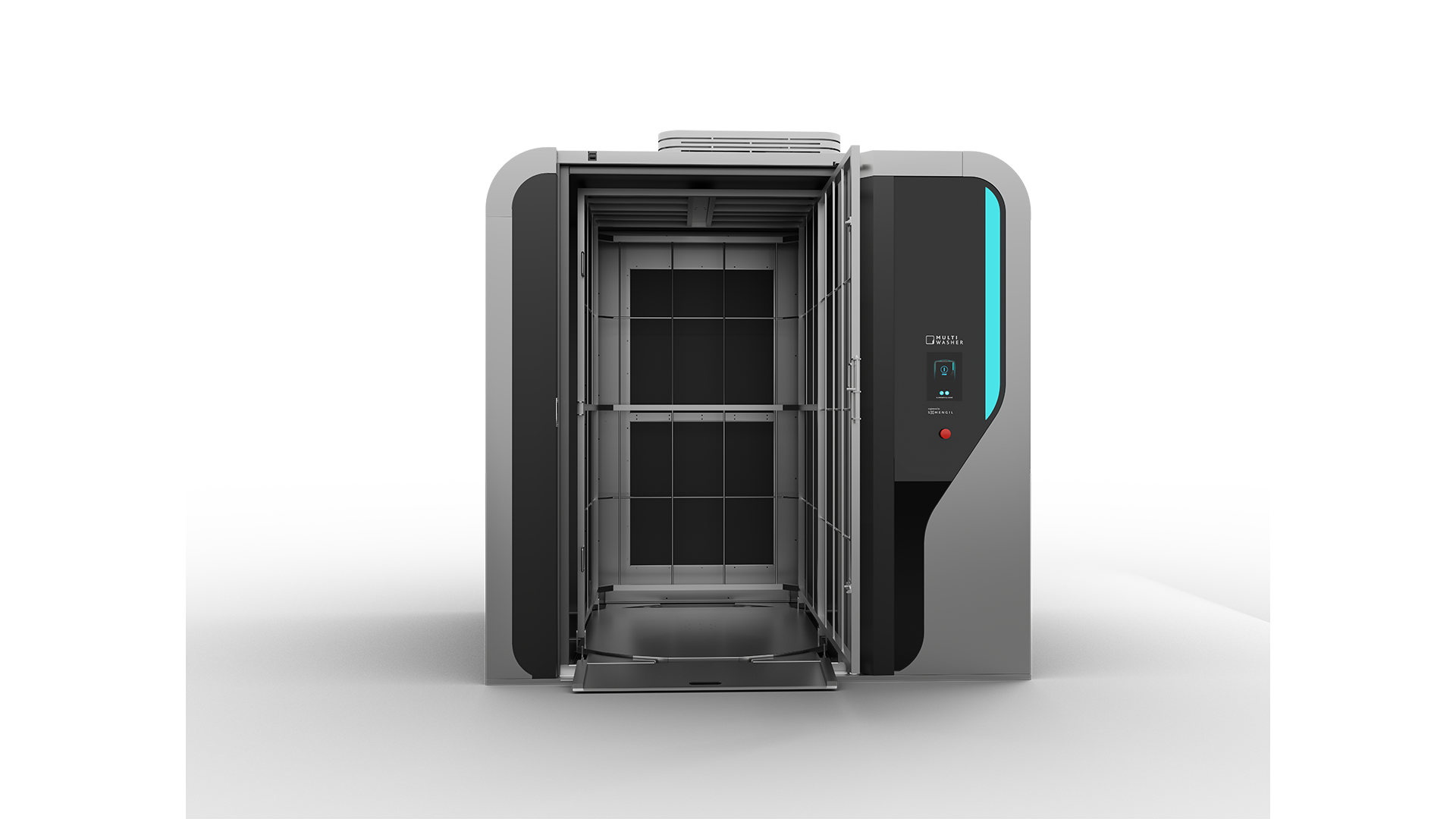
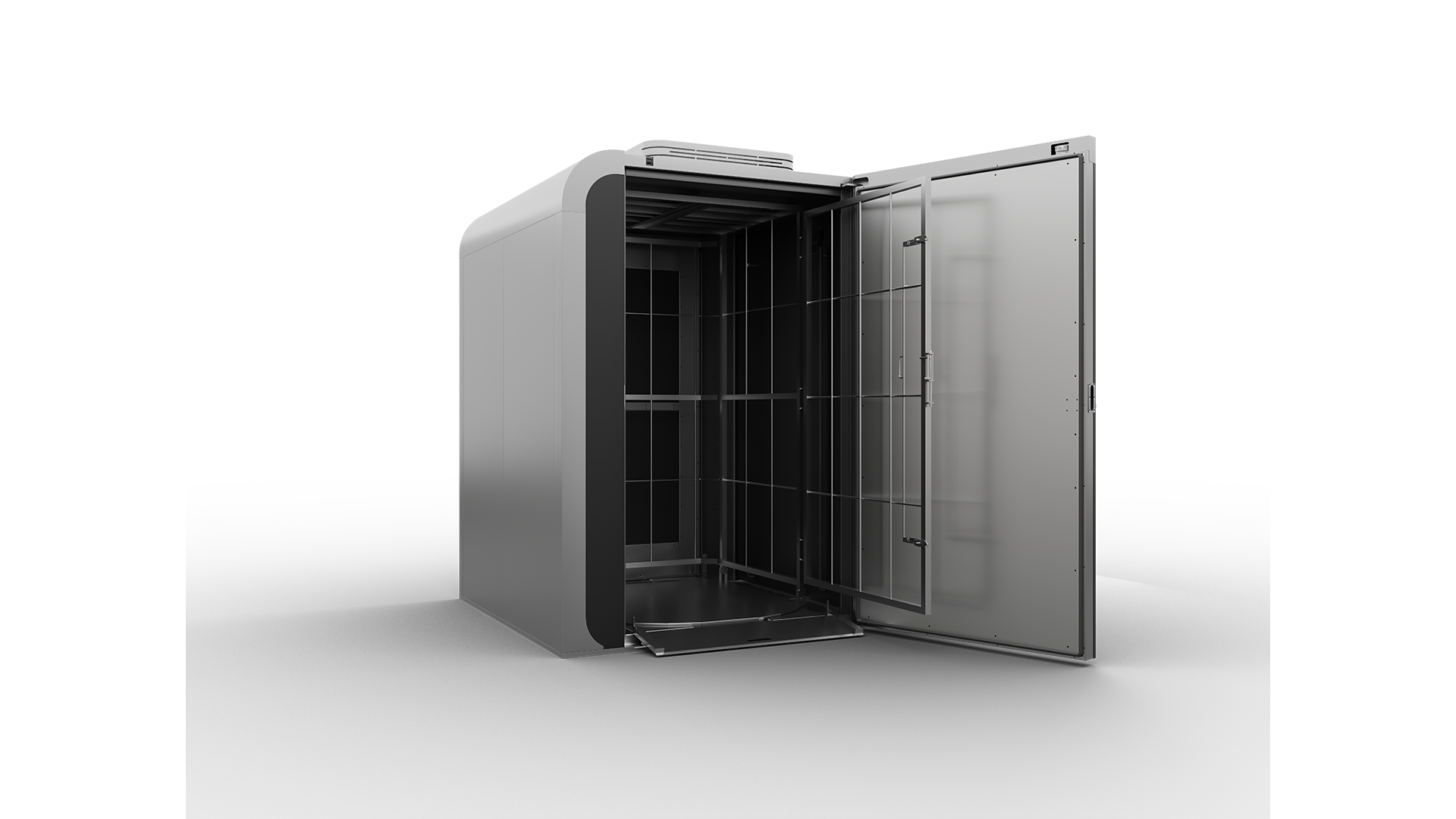

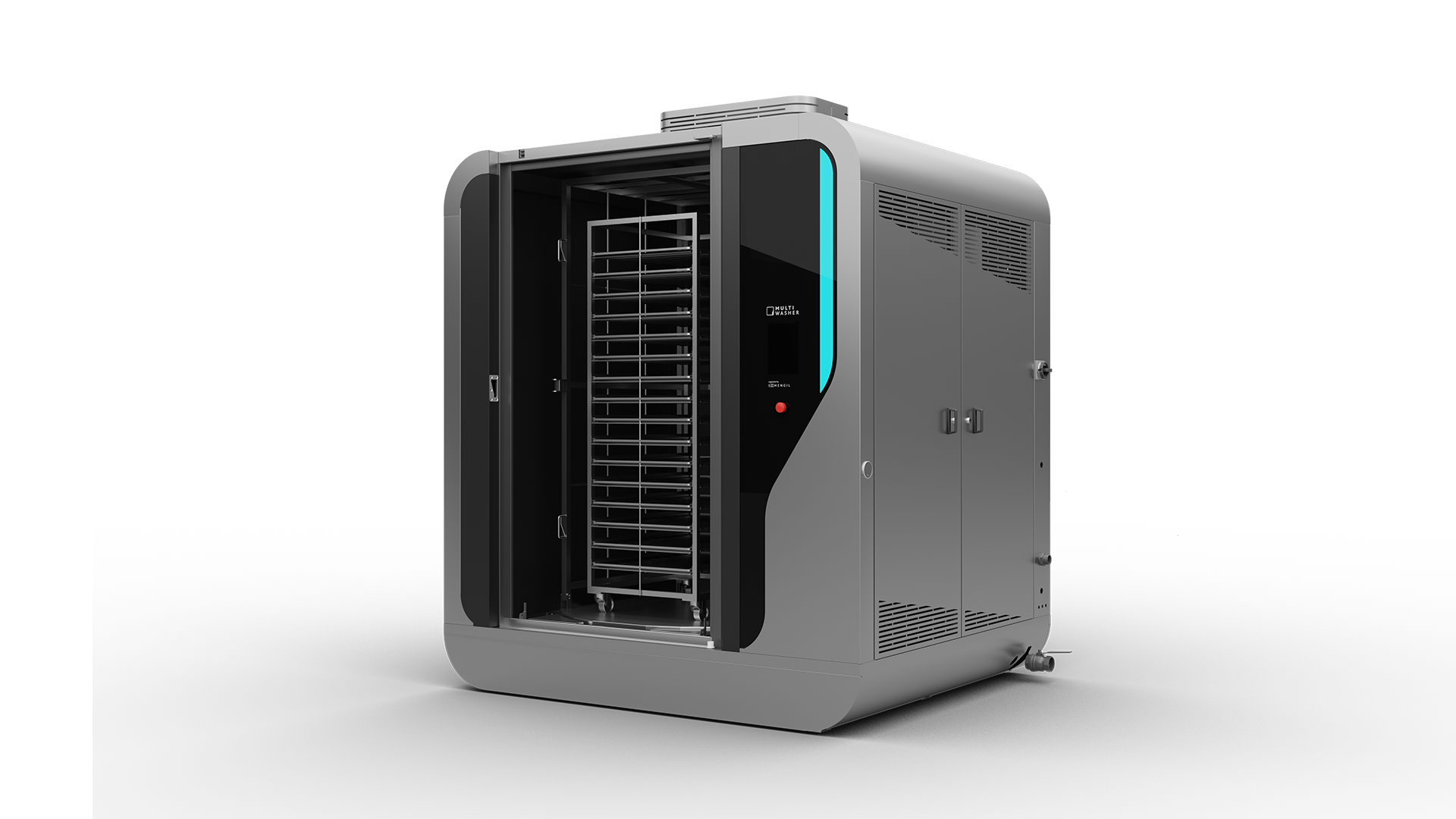
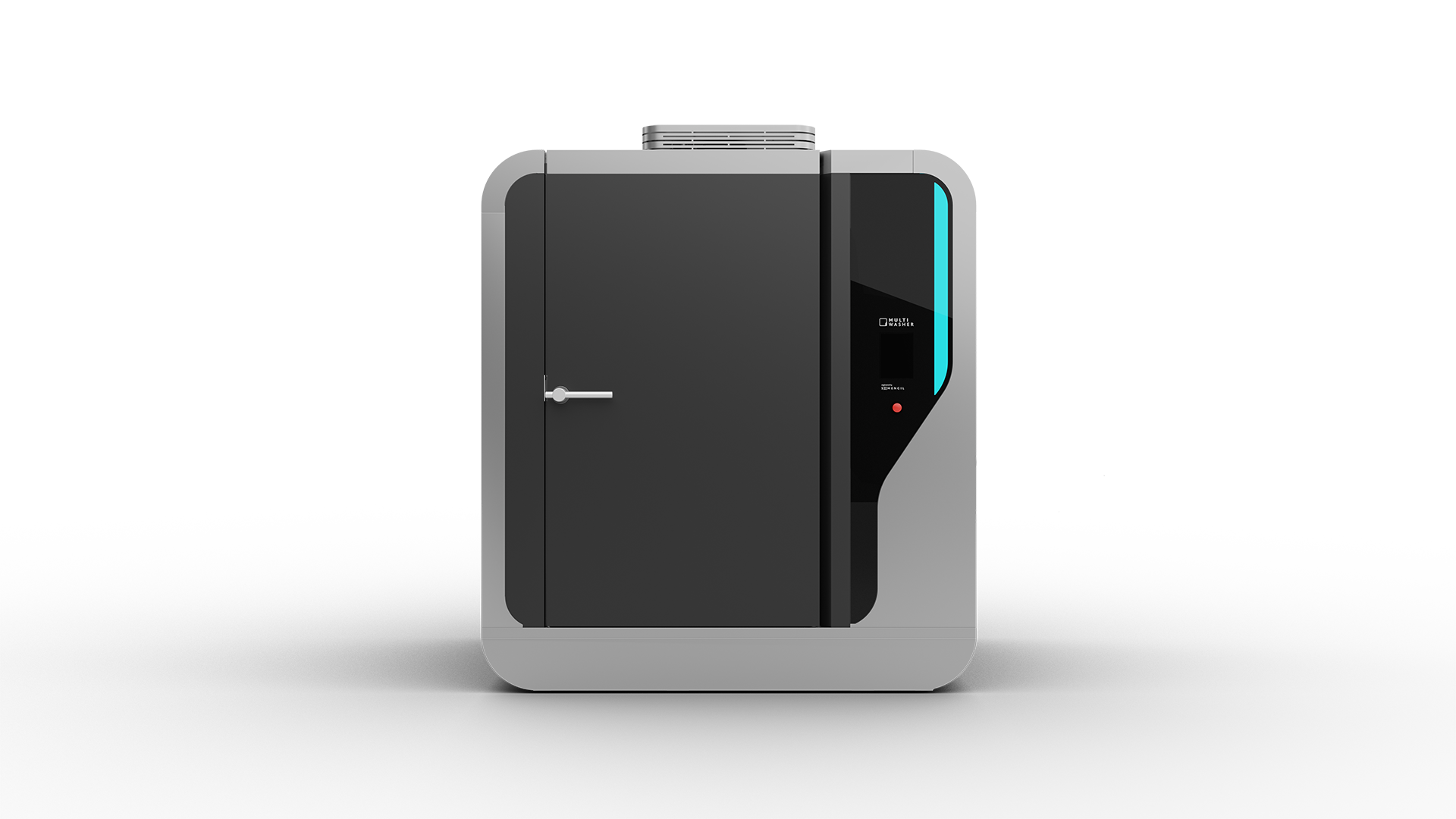

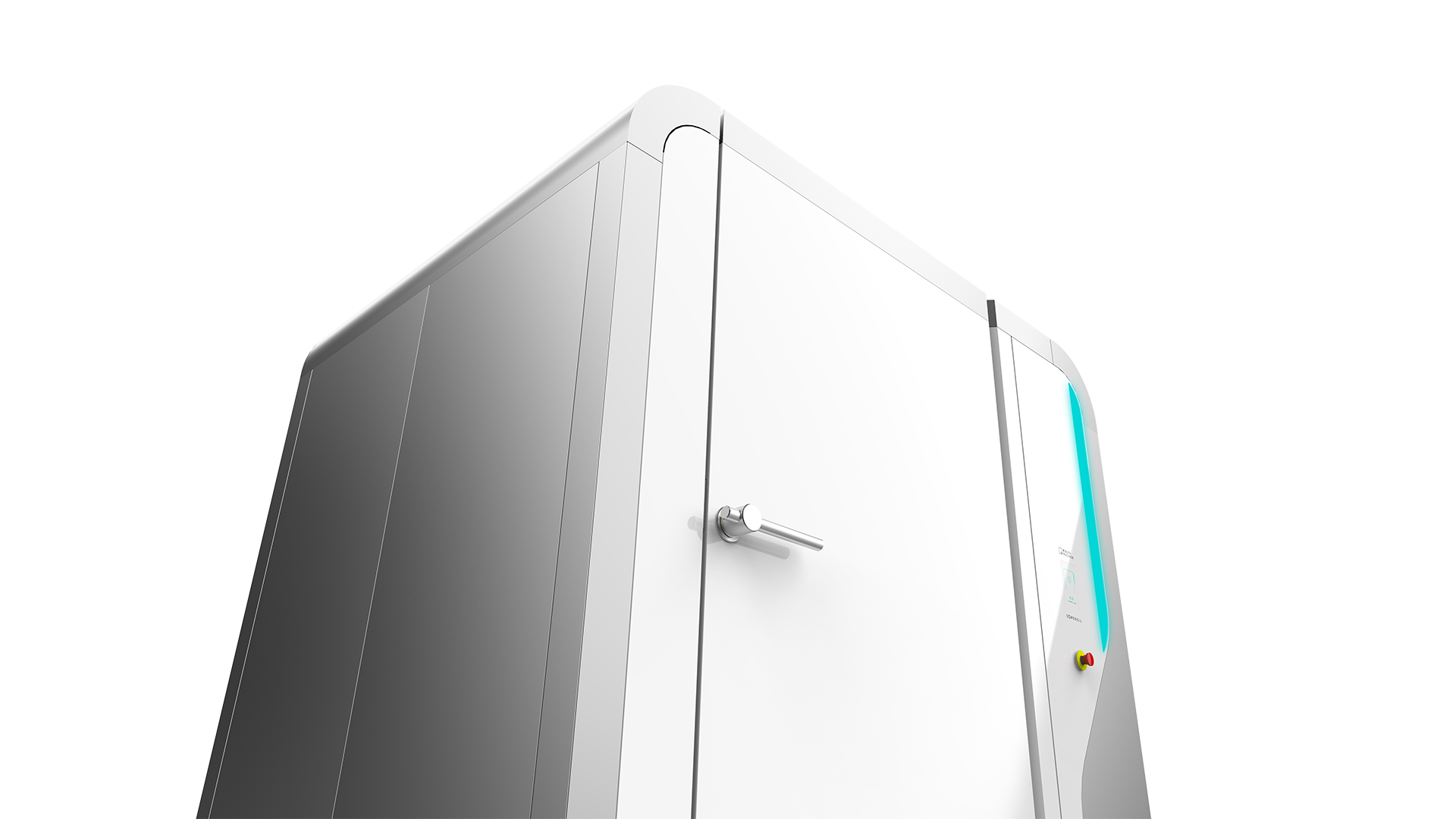
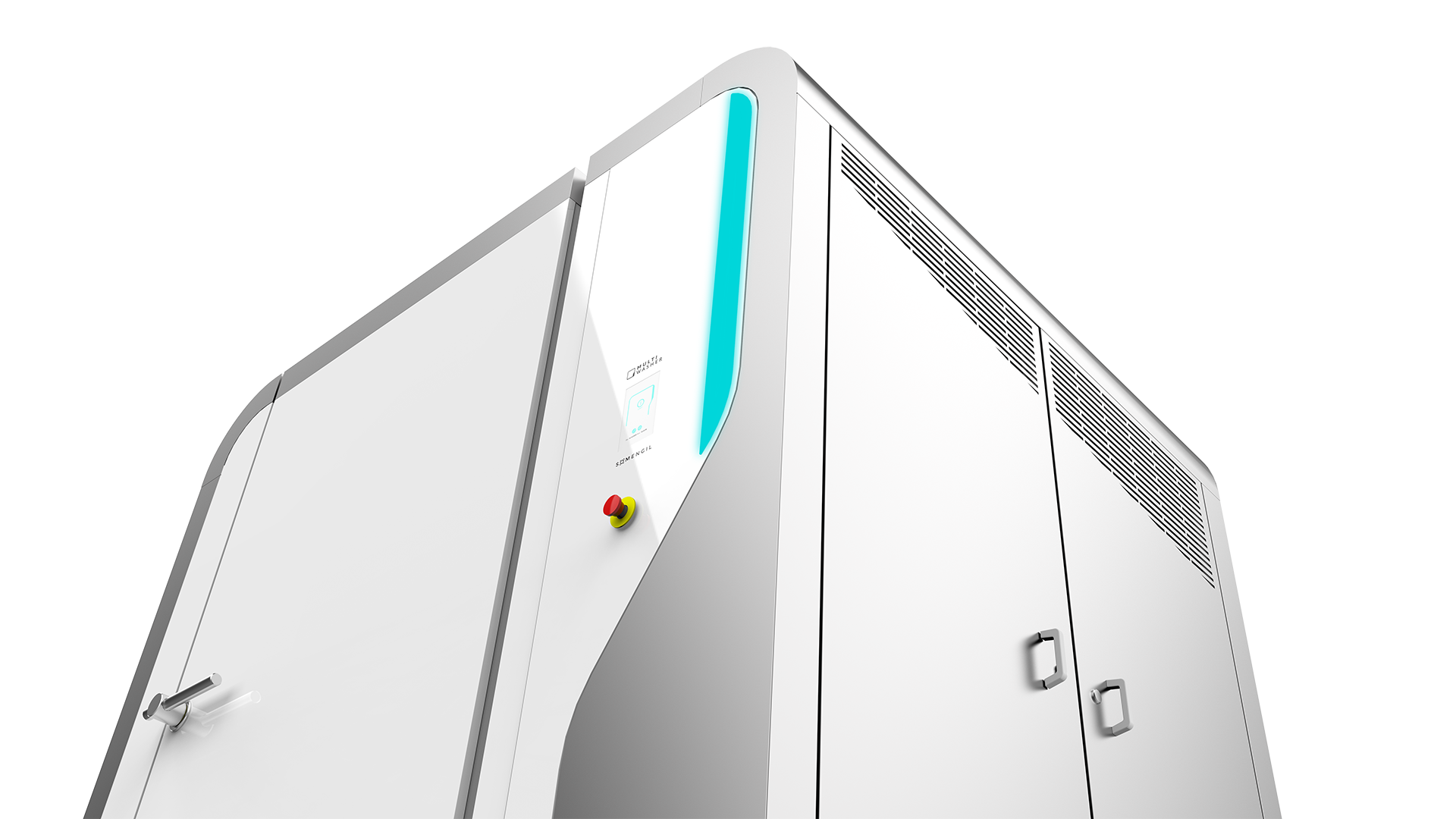
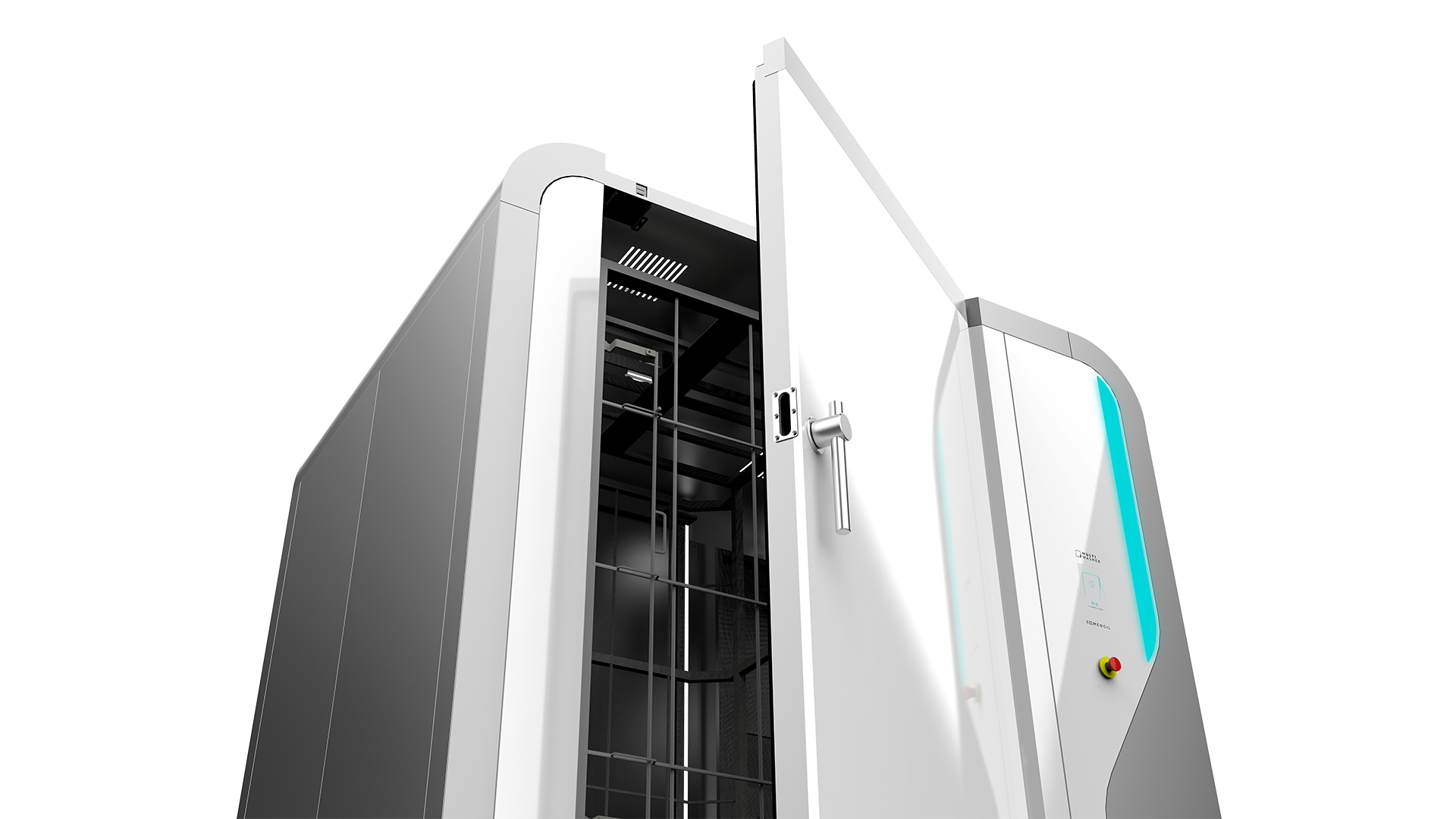
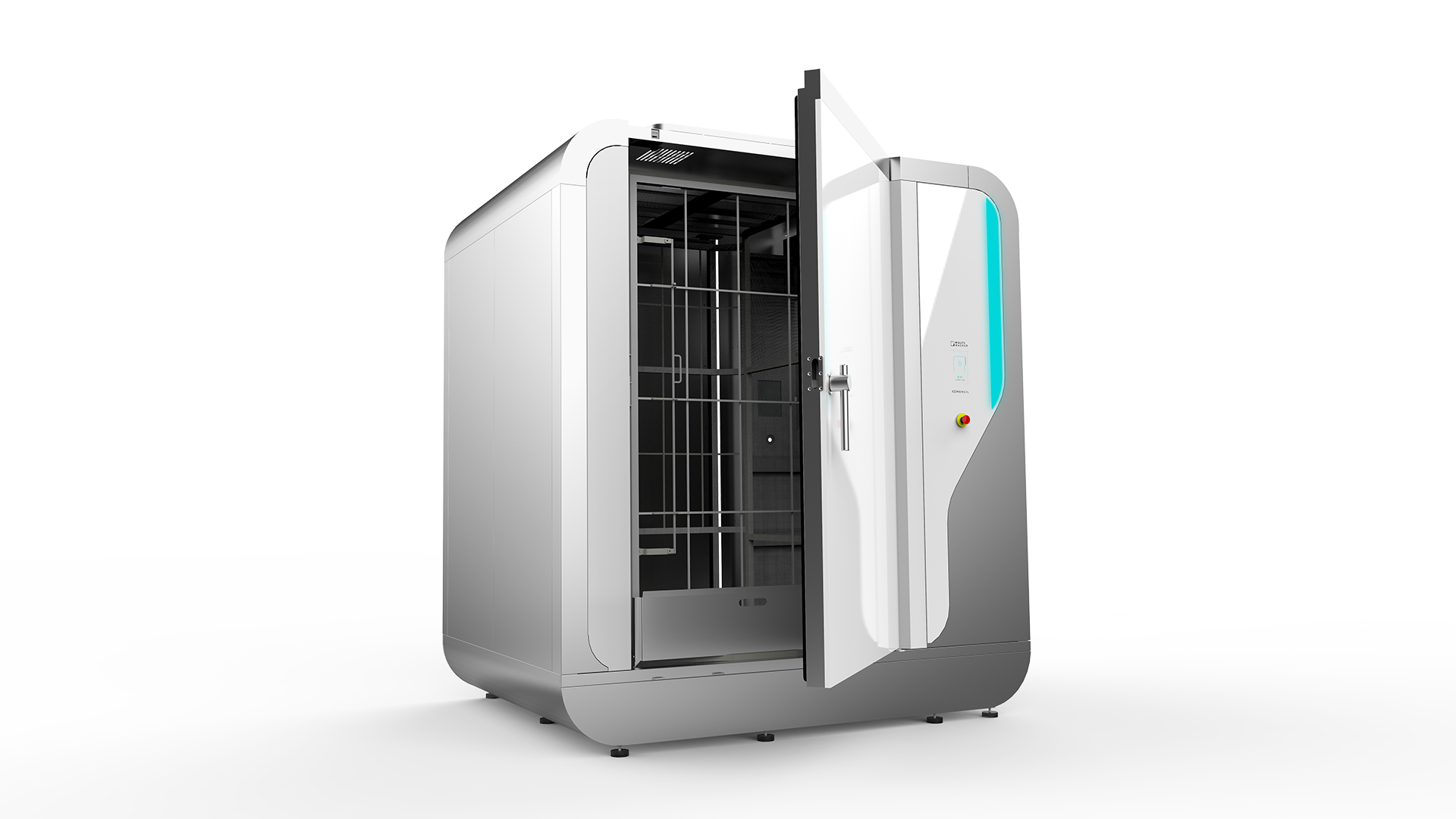
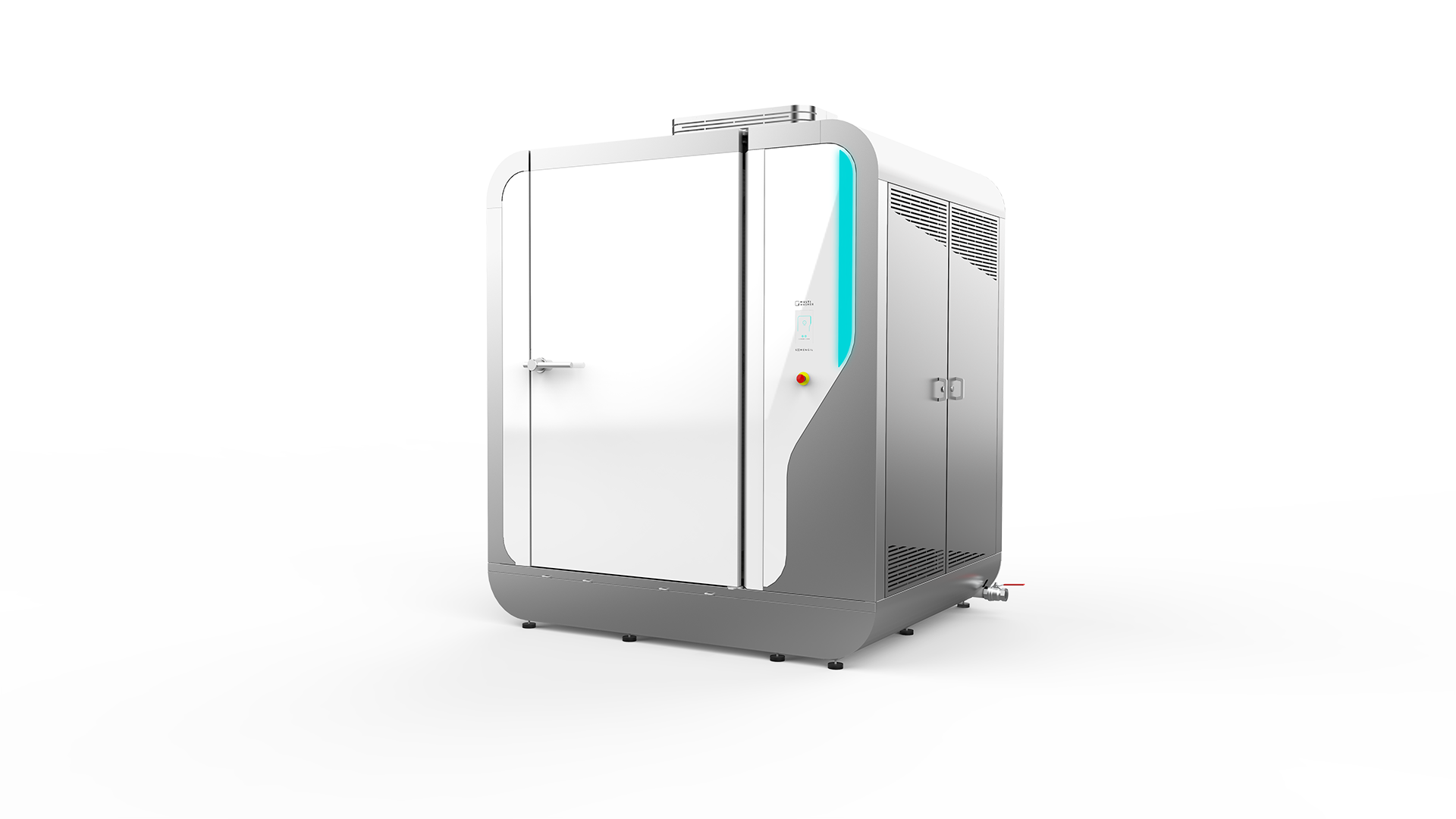
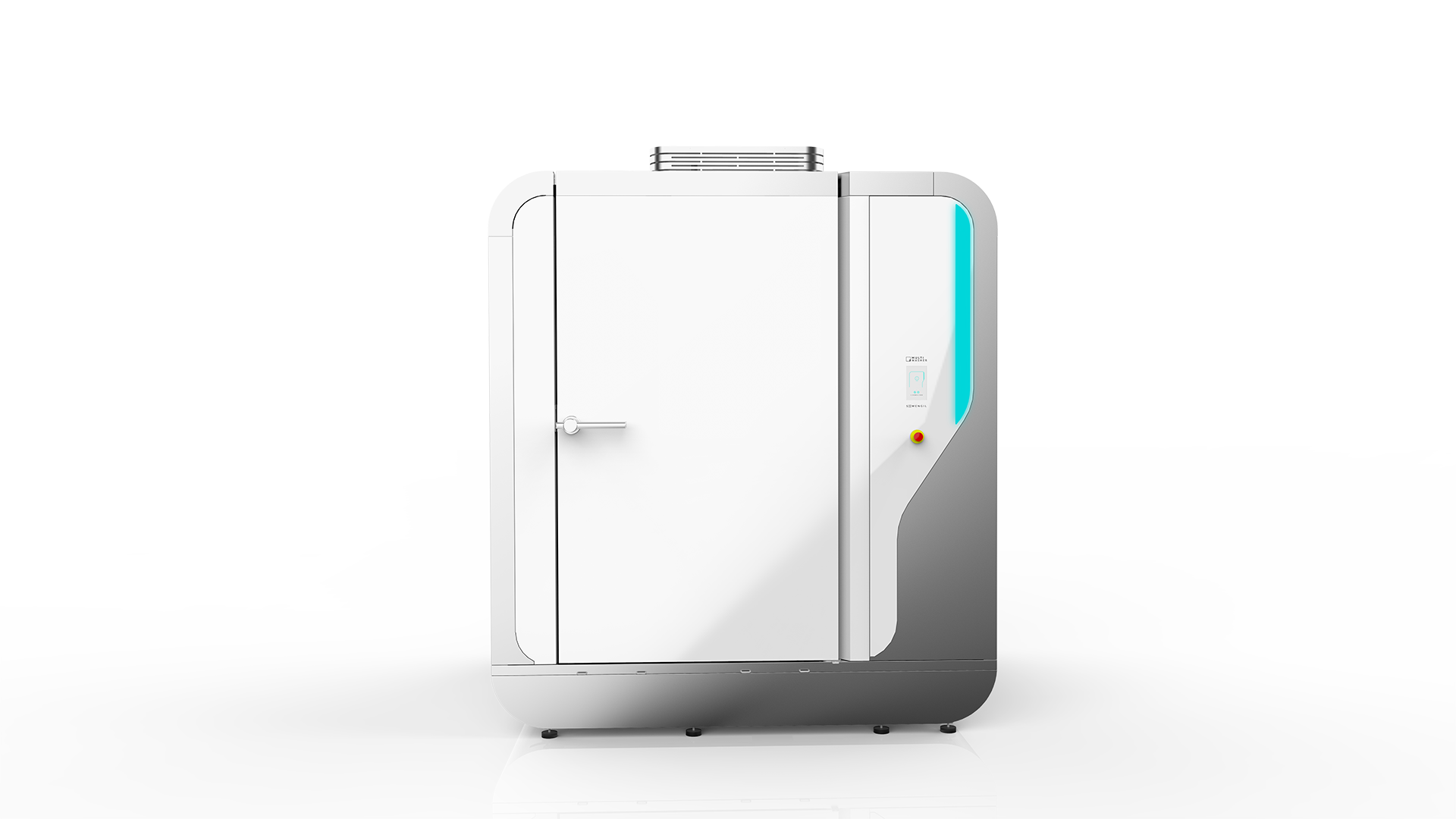
 Português
Português English (UK)
English (UK) English (USA)
English (USA) Français
Français Español
Español Deutsch
Deutsch